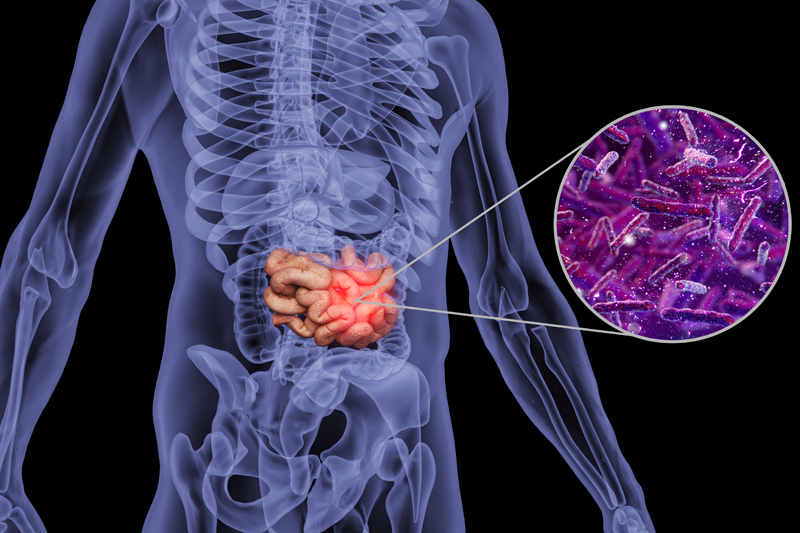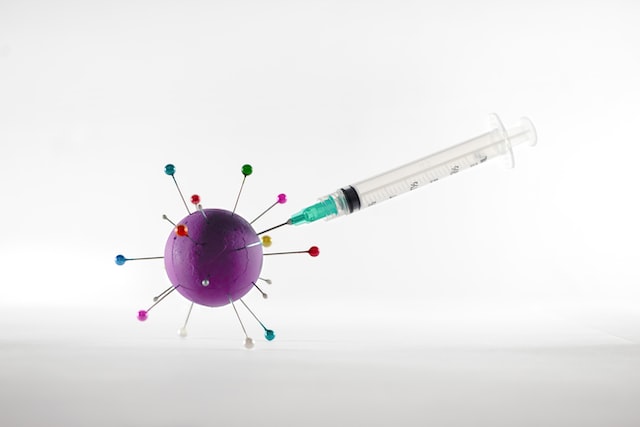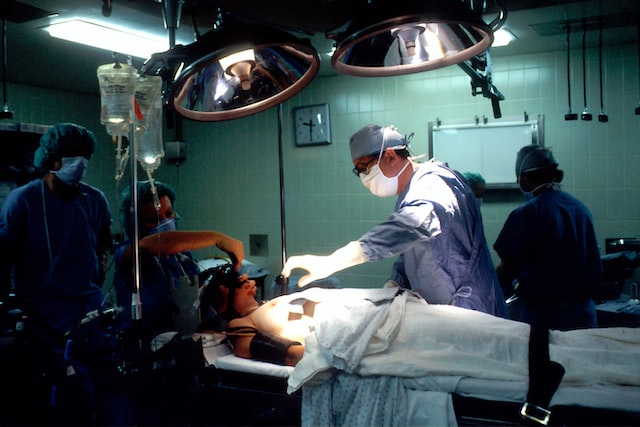Apparatus
Two-Drug Combination For Specific Mutation Colorectal Cancer With 100% Efficiency!
A study at Massachusetts General Hospital in the US demonstrated that Adagrasib alone and in combination with cetuximab delivered good results in patients with advanced colorectal cancer with KRAS G12C mutations, with 46% of subjects experiencing substantial tumour shrinkage and an efficacy rate of 100%.

A study recently published by researchers at Massachusetts General Hospital showed that Adagrasib (MRTX849) alone and in combination with cetuximab delivered 100% efficacy in patients with advanced colorectal cancer with KRAS G12C mutations. This data is from the KRYSTAL-1 trial, the results of which were presented at the annual meeting of the European Society of Medical Oncology in 2022.

Specifically, at a mean follow-up of 17.5 months, Adagrasib in combination with cetuximab resulted in substantial tumour shrinkage in 46% of subjects and stable, non-progressive disease in the rest of the patients, with an efficacy rate of 100%. Efficacy lasted for an average of 7.6 months, with 60% of patients having no disease progression at 6 months and 24% at 12 months. Mean overall survival was 13.4 months, with 84% of patients surviving at 6 months and 61% at 12 months.
On Adagrasib monotherapy, with a mean follow-up of 20.1 months, 19% of patients had substantial tumour shrinkage and 67% had stable, non-progressive disease, with an efficacy rate of 86%. Efficacy lasted an average of 4.3 months, with 47% of patients having no disease progression at 6 months and 15% of patients having no disease progression at 12 months. Mean overall survival was 19.8 months, with 93% of patients still alive at 6 months and 69% at 12 months.

About 3-4% of colorectal cancer patients had a KRAS G12C mutation, a mutation that also meant that cetuximab was less effective. The prognosis for this mutation is also worse than for other mutations in KRAS, and follow-up treatment is very limited.
The KRYSTAL-1 trial, conducted at Massachusetts General Hospital, Dana-Farber Cancer Institute and Memorial Sloan Kettering Cancer Center in the US, evaluated the efficacy of the KRAS G12C inhibitor Adagrasib alone and in combination with cetuximab.
Patients with unresectable or metastatic colorectal cancer with KRAS G12C mutations were recruited for the trial. Patients were asked to have received previous treatment for metastatic disease and there was no currently available standard of care. Patients in the assortment had received at least 3 lines of therapy on average.

In terms of safety, all patients in the combination arm experienced at least one side effect, with common side effects including nausea, diarrhoea, vomiting, acne-like dermatitis, fatigue, dry skin, headache and dizziness.
Side effects were experienced by 93% of patients in the Adagrasib monotherapy group, with common side effects including diarrhoea, nausea, fatigue, vomiting, loss of appetite, and anaemia.

Investigators have now conducted the Phase 3 KRYSTAL-10 trial to further evaluate the efficacy of Adagrasib in combination with cetuximab as a 2nd-line treatment. the KRYSTAL-10 trial is enrolling patients with KRAS G12C mutated metastatic colorectal cancer who have disease progression after first-line fluorouracil-based, oxaliplatin or irinotecan regimens. The trial is currently recruiting patients in the US, Europe and Asia.
-
![]()
![]() ApparatusJul 24, 2025
ApparatusJul 24, 2025Germany Develops Faster, Cheaper New Crown Pcr Assay
-
![]()
![]() ApparatusJul 23, 2025
ApparatusJul 23, 2025New Drug For IDH1 Mutation/Relapsed/Refractory Acute Myeloid Leukaemia With Good Complete Remission Rates And Manageable Toxicity
-
![]()
![]() ApparatusJul 22, 2025
ApparatusJul 22, 2025New Findings Confirm: Excellent Data On This Bipotent Antibody Drug Against Ovarian Cancer!
-
![]()
![]() ApparatusJul 21, 2025
ApparatusJul 21, 2025FDA Grants Orphan Drug Status To Two New Therapies In a Row, And These Two Groups Of Patients Are Expected To Benefit!
-
![]()
![]() ApparatusJul 20, 2025
ApparatusJul 20, 2025Canada has developed a hand-held detector to help reduce the use of antibiotics




